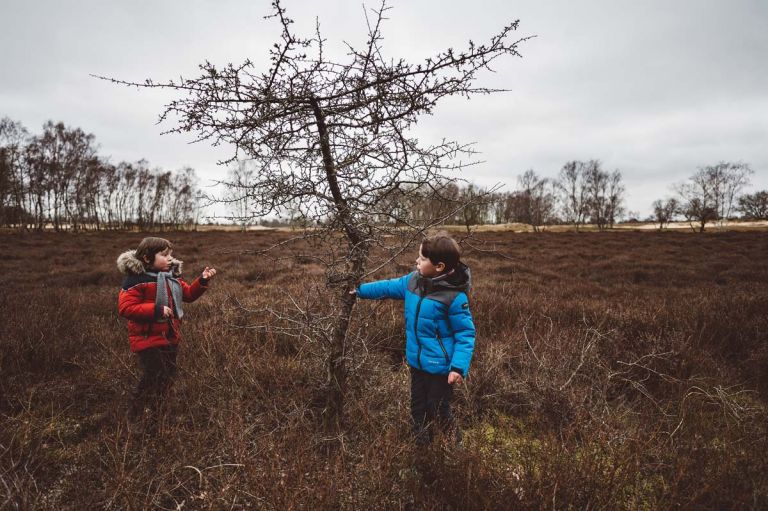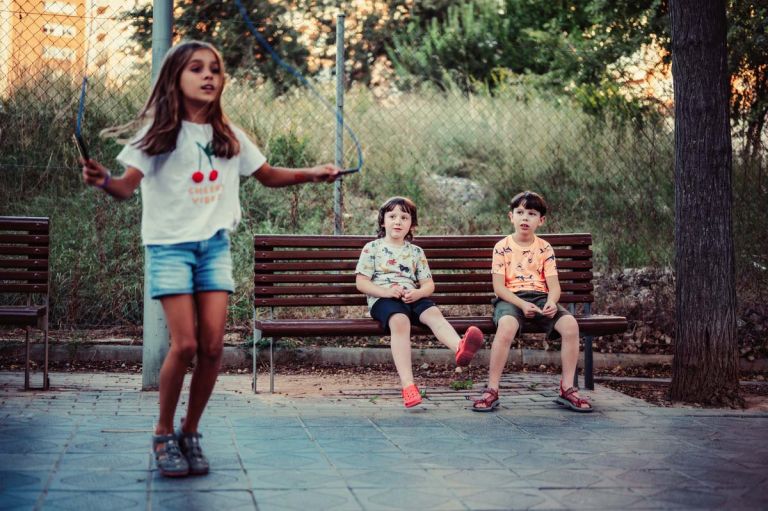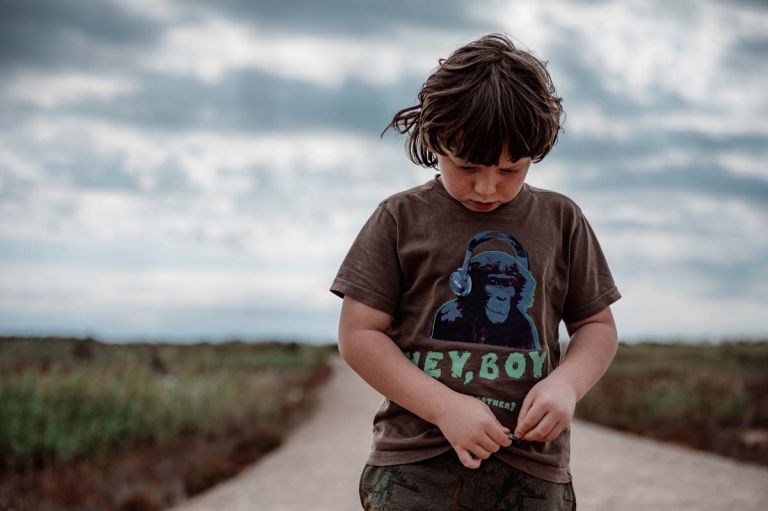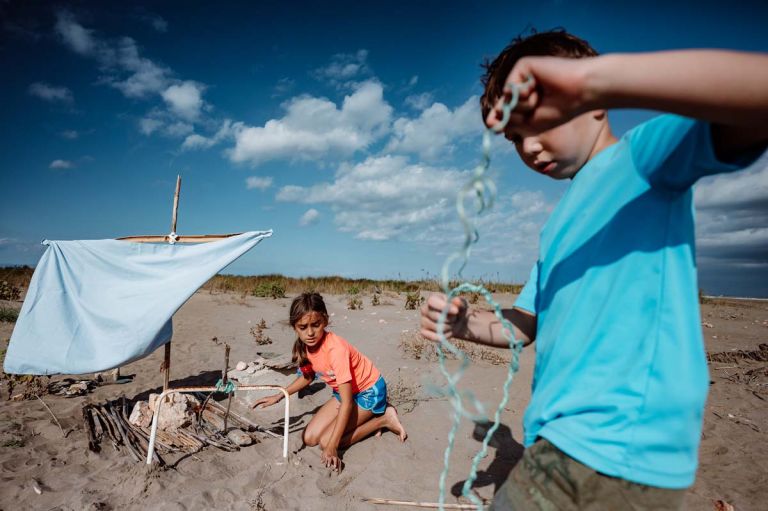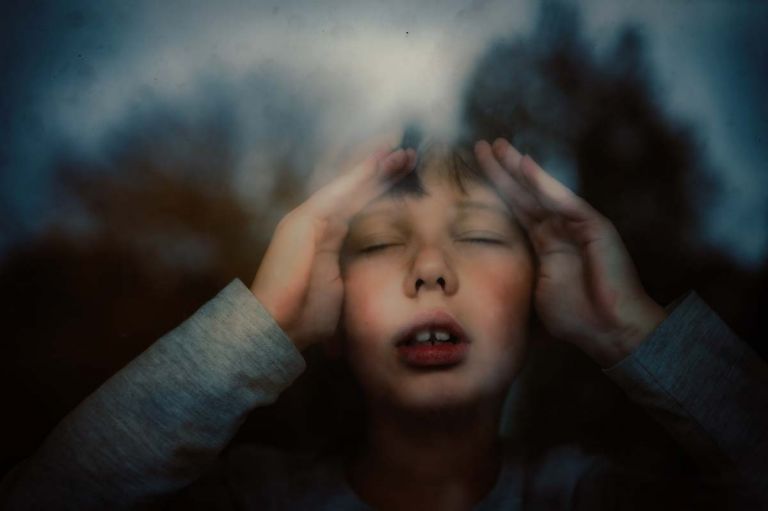The COVID-19 pandemic is not only a biological or medical phenomenon, but also a social one. According to a long-term study by the University of Bielefeld and the Socio-Economic Panel at the German Institute for Economic Research (DIW), women, people with a direct migration background and younger people were under particular psychological strain during the second lockdown since November 2020. Some became mentally ill during the lockdown and developed depression and anxiety. Children are particularly vulnerable. Some become fat or depressed, others beat up their siblings. Developmental delays or behavior disorders are also the result of many years of social isolation.
Some families with children try to fight it with all their might, the others give up. My family is statistically doubly at risk: as a family with two small children and as a family with a direct migration background. We can observe some of the behavior disorders described above in our children as well.
Being from Belarus, our family has many family and social ties to this country. However, a family friend from Belarus now lives in Spain, and so this year we were able to make it possible for our children to see their friends again in a neutral place. For the children of the two families, the reunion was a valuable social and psychological relief, because Spanish children were also severely affected by the pandemic.
Throughout 2021, we will strive to make the lives of our children and families as “normal” as possible under the current circumstances. But whether we succeed in doing so can only be understood through a long-term perspective. And the fight for normalcy is not over yet.


